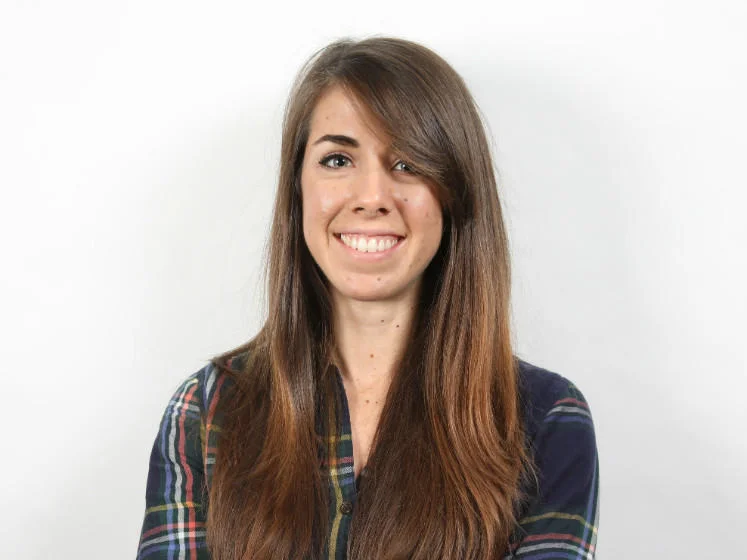Q&A with Greer Gosnell
Greer is a Research Officer at GRI investigating behavioural change in climate change mitigation
Read about her research and its impact, career goals and what it's like to study at LSE
LSE is a vibrant community of scholars from all over the world – there are few places like it, really.

What are you currently researching?
I use field experiments to understand what can cause changes in behaviour in situations where the latter is important for climate change mitigation or resource conservation. I also sometimes carry out field experiments to evaluate environmentally relevant policies and how effective they are.
I recently published researchfrom my PhD on how households can be incentivised to adopt paperless bills and how airline pilots can be encouraged to become more fuel efficient and cut the carbon footprint of the aviation industry.
I’m also launching fresh survey and field experiments that tackle issues such as adoption of smart meters, virtual grid capacity, and households’ green energy adoption.
What attracted you to this area of research?
My introductory philosophy course during my Undergraduate degree first piqued my interest in environmental issues. My Professor was an environmental virtue ethicist and his philosophical arguments convinced several students to embark on environmentally-focused courses and career paths.
As for the economics angle, another Undergraduate Professor encouraged me to pursue an Economics BSc and, despite my initial resistance - I was a Spanish and Humanities major at the time - I was ultimately swayed.
In the summer of 2009, I took a summer course at LSE called Environmental Economics and Sustainable Development since my university didn’t offer such a course at the time. This decision ultimately set me on the path toward where I am today, both professionally and physically!
How will your research improve or have a wider impact on society?
I hope my research will unveil previously unconsidered strategies for business and policymakers to achieve environmental objectives related to climate change and energy use.
What do you hope to do career-wise, long term?
Your guess is as good as mine! Academic research remains an attractive option, though having resided within universities for my entire adult life, I am also keeping an eye on private sector options. Ultimately, I want to be where I can have the most impact while still prioritizing research rigor.
What are your top tips to prospective students on the most effective way to approach research and keep stress levels down?
First, hobbies! I do yoga and rock climb quite regularly, love watching sports, and am constantly seeking out the newest vegan restaurants, food stands, and recipes with my foodie partner and friends. It’s important to keep active and work toward a balanced lifestyle.
Second, identify your research questions early on; the more of a head start you can get, the better off you’ll be four years down the line (and that time flies!).
What resources are available at LSE to help young researchers?
The PhD Academy is fantastic and offers loads of trainings for PhD students, and the Methodology surgeries are more helpful than you’d think, so take advantage of the resources at your fingertips.
Moreover, your network of peers is pretty phenomenal here, and everyone wants to see you succeed, so don’t be afraid to ask for help.
What do you enjoy most about studying at LSE?
LSE is a vibrant community of scholars from all over the world – there are few places like it, really.
One day I’m at The George pub with my former lecturers discussing Brexit and global overpopulation. The next I’m at dinner with Jeffrey Sachs chatting about artificial intelligence and how it will affect income distributions after he’s just laid out a brilliant proposal for global climate justice at a ticketed LSE event. It’s pretty tough to be bored around these parts.